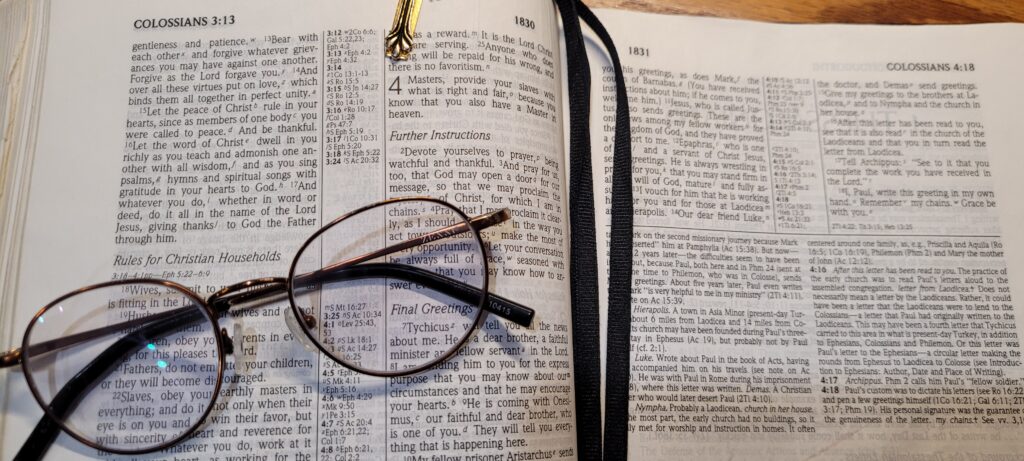I came across an article entitled “The Wisdom of the Dakota Indians.” The tribal wisdom of the Dakota Indians, passed on from one generation to the next, says that when you discover that you are riding a dead horse, the best strategy is to dismount. That sounds self-evident. It is good advice. It makes sense. If you find yourself riding a dead horse, the best strategy is to dismount. So why don’t we follow it? How many of the following strategies have we tried in dealing with a dead horse?
- Purchase a stronger whip
- Change riders
- Appoint a committee to study the horse
- Arrange to visit other places to see how they ride dead horses
- Lower the standards so that dead horses are acceptable
- Reclassify the dead horse as “living impaired.”
- Harness several dead horses together to increase speed
- Provide additional funding to increase the dead horse’s performance
- Do a study to see if lighter rider’s would improve the dead horse’s ability to function
- Declare that the dead horse carries low overhead and therefore should remain in use.
- Hope that the dead horse will come back to life
We all have to deal with a dead horse from time to time. Back in 2010, the congregation I served made the difficult decision to abandon a building program that we had been working on for more than three years and had spent well over $100,000 on architect fees. It was a trying time.
I reminded the congregation that the church was not our planned facility, nor was it the current facility with its bad plumbing and foundation problems. People make up the church. Buildings are simply tools for us to use as we go about our business of making disciples. If a building keeps us from doing that, it has no place in our lives.
The word church is the most common translation of the Greek word “Ekklesia” and it literally means the “called out ones.” It is not used in Scripture to describe a building, but the people that have been called out of this world to be disciples, believers, followers of Jesus. We have been brought together by the assurance that God loves us. He demonstrated that love with a cross and an empty tomb. We know that Jesus is our Savior from sin and death. We rejoice in sin forgiven and life eternal. We live in confident victory. And that is true whether a group of believers owns a building, rents one, or worships in people’s homes.
In the church, at times there will be disappointments and setbacks. Sometimes you need to abandon “dead horses.” Just remember who we are, the redeemed and forgiven children of God who make up the church, the church Jesus promised to build, the one of whom He said “The gates of Hades will not overcome it.” (Matt. 16:18) Jesus was talking about His Church. Not buildings. Not facilities. He was talking about the Holy Christian Church, the communion of saints, all true believers in Christ. In spite of disappointments, the Church goes on.

